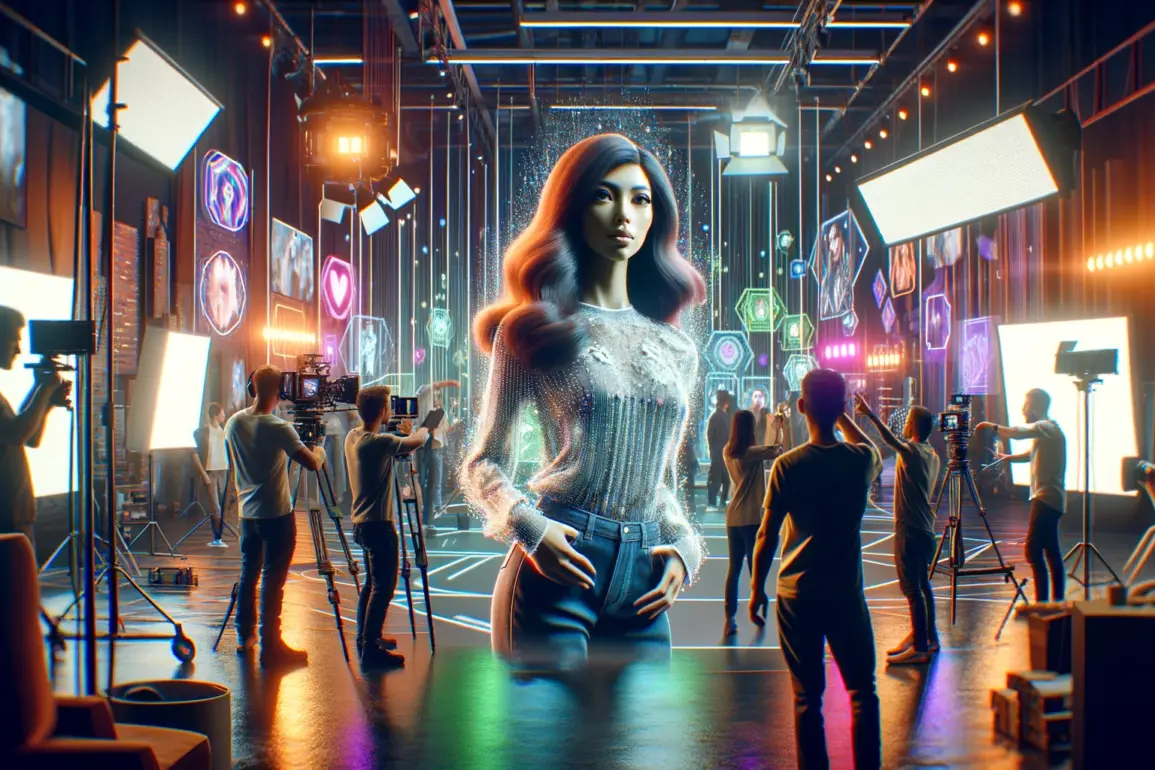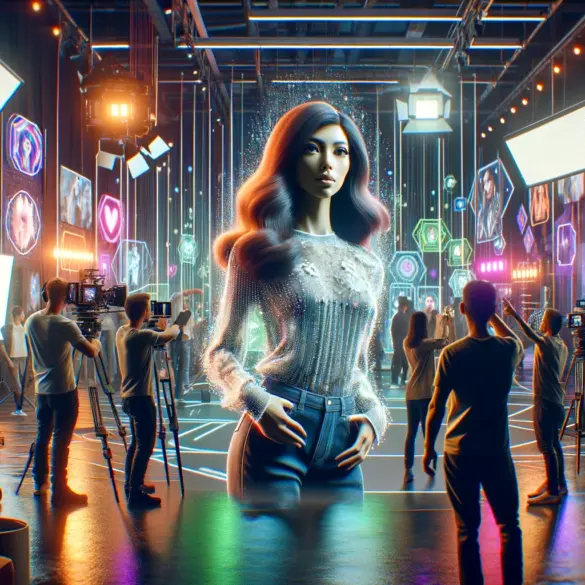You’re scrolling through Instagram, and a gorgeous model with flawless features pops up on your feed, promoting the latest fashion line from a major brand. Her smile is radiant, her hair perfectly tousled, and her outfit is on-point. But here’s the twist – this “influencer” isn’t human at all. She’s a highly realistic, AI-generated virtual persona, crafted by an advanced algorithm to be the ideal ambassador for the clothing company.
What was once a realm dominated by human influencers and their carefully curated personas is now being infiltrated by highly advanced algorithms and virtual avatars.
From identifying the perfect influencers to automating content creation and analysis, AI is rapidly transforming every aspect of this booming industry. And while this technological revolution promises unprecedented efficiency and precision, it also raises important questions about authenticity, ethics, and the future of human-centric marketing.
So, let’s dive into the fascinating world of AI-powered influencer marketing, exploring its potential, its challenges, and its impact on brands, creators, and consumers alike.
- The Rise of the Machines: AI's Role in Influencer Discovery
- Combating Fraud: AI as the Gatekeeper of Authenticity
- Content Creation and Optimization: AI's Creative Touch
- Measuring Success: AI's Data-Driven Approach
- The Rise of AI Influencers: Virtual Personalities Taking Over
- Ethical Considerations: Navigating the AI Influencer Landscape
- The Future is Now
- Hyper-Personalized Influencer Campaigns
- AI + Emerging Tech = Immersive Brand Experiences
- Striking the Right Balance
- Embracing the Future, One AI-Powered Step at a Time
- Frequently Asked Questions
- What is an AI influencer?
- How can AI help identify the right influencers?
- Can AI detect influencer fraud?
- How does AI assist with content creation?
- Can AI optimize influencer campaigns?
- What are AI influencers?
- How can AI predict influencer performance?
- What role does AI play in influencer marketing trends?
- Are there ethical concerns around AI influencers?
- Can AI automate influencer campaign management?
- How cost-effective is using AI for influencer marketing?
- Will AI replace human influencers?
The Rise of the Machines: AI’s Role in Influencer Discovery
Finding the right influencer for your brand can be a daunting task, akin to searching for a needle in a haystack – but a haystack made up of millions of social media profiles, each with its own unique audience, aesthetic, and engagement metrics. Enter AI, the ultimate matchmaker for brands and influencers.
With its ability to analyze vast amounts of data at lightning speed, AI can quickly identify the influencers whose audience, content, and values align perfectly with your brand’s goals. These algorithms delve deep into an influencer’s profile, analyzing everything from their follower demographics and engagement rates to the sentiment of their comments and the brands they’ve previously worked with.
But AI’s influencer discovery powers don’t stop there. Some platforms, like Upfluence, are even using AI to predict an influencer’s future performance, analyzing historical data to forecast how well their content is likely to resonate with their audience in the months and years to come.
According to a report by Influencer Marketing Hub, 39% of marketers cite finding the right influencers as their biggest challenge in influencer marketing. With AI’s ability to streamline the discovery process, brands can save countless hours and resources that would otherwise be spent on manual research and vetting.
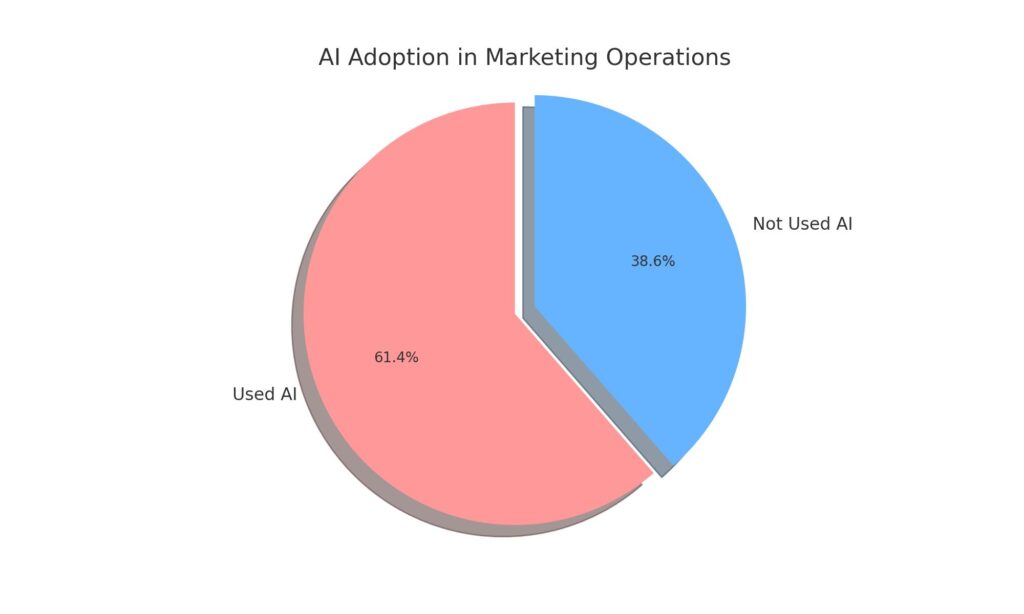
Combating Fraud: AI as the Gatekeeper of Authenticity
Let’s be real, influencer fraud is a legitimate concern in the industry. From purchased followers and fake engagement to undisclosed sponsored content, there are plenty of ways for influencers to game the system and misrepresent their true influence. But fear not, AI is here to help brands separate the wheat from the chaff.
By analyzing an influencer’s follower growth patterns, engagement rates, and other key metrics, AI algorithms can detect potential fraud and inauthenticity, alerting brands to any red flags before they invest in a partnership. Take Hype Auditor, for example, an AI-powered platform that specializes in influencer fraud detection.
Their algorithms can identify everything from fake followers and comment pods to suspicious spikes in engagement, giving brands a clear picture of an influencer’s true reach and impact.
“AI is a powerful tool for combating influencer fraud,” says Aleksandr Frolov, CEO of Hype Auditor.
“By leveraging machine learning algorithms, we can analyze an influencer’s data at a level of detail that would be impossible for a human to achieve, ensuring brands can make informed decisions and avoid wasting their marketing budgets.”
But AI’s role in ensuring authenticity goes beyond just fraud detection. Some platforms, like Influencer Intelligence, are using AI to analyze an influencer’s content and online presence, helping brands identify influencers who truly embody their brand values and resonate with their target audience.
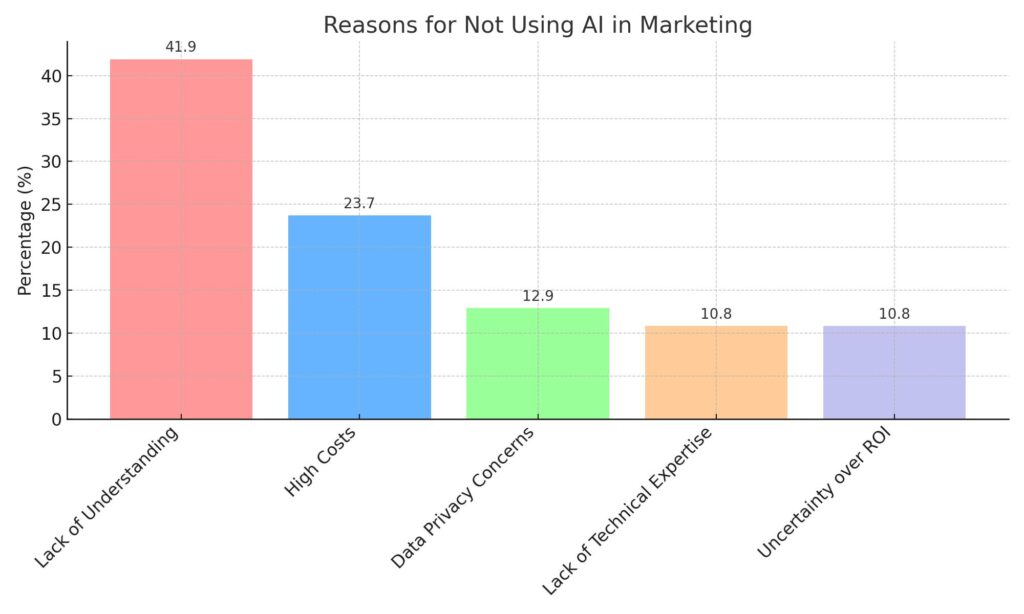
Content Creation and Optimization: AI’s Creative Touch
While human creativity will always be at the heart of influencer marketing, AI is quickly becoming a powerful tool for content creation and optimization. From generating caption ideas and hashtag suggestions to enhancing visuals and analyzing performance data, AI is empowering influencers and brands to create more engaging, effective content than ever before.
Take IZEA’s AI-powered platform, for example. Their AI tools can analyze an influencer’s past content, audience demographics, and engagement data to generate personalized content recommendations, including caption ideas, hashtags, and even visual enhancements tailored to each influencer’s unique style and audience.
AI is revolutionizing the way we approach content creation in influencer marketing,” says Ted Murphy, Founder and CEO of IZEA.
“By leveraging machine learning algorithms, we can provide influencers with data-driven insights and recommendations that help them create more impactful, engaging content for their audiences.”
But AI’s content creation powers don’t stop there. Some platforms, like Synthesia, are even using AI to generate entirely new visuals and videos, opening up a world of possibilities for brands and influencers alike. Imagine being able to create custom video content for each of your influencer partners, tailored to their specific audience and brand messaging, all at the click of a button.
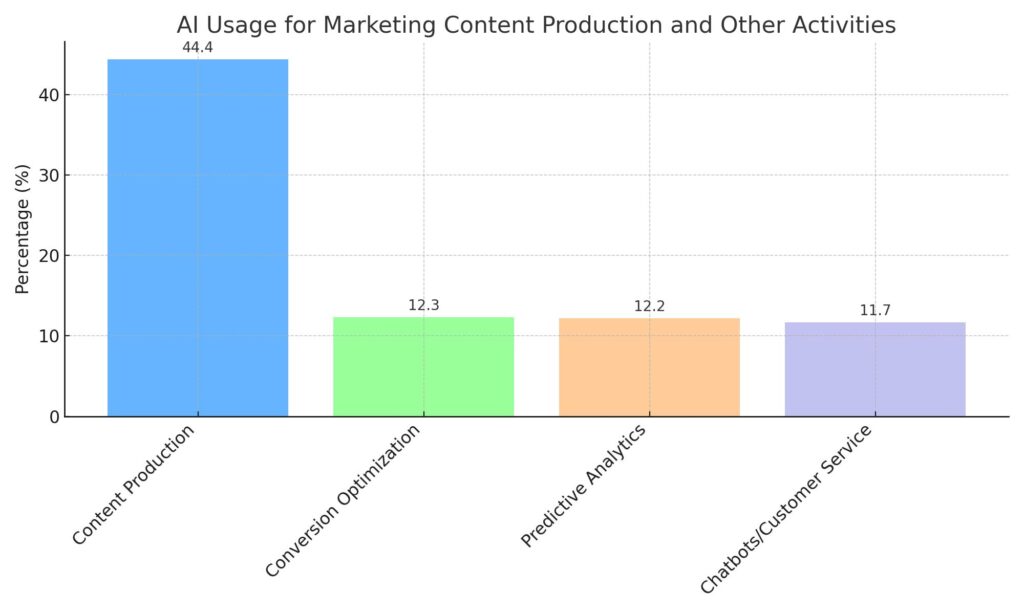
Case Study: Lil Miquela and Calvin Klein’s #MyTruth Campaign
In 2019, Calvin Klein partnered with the AI influencer Lil Miquela for their #MyTruth campaign, which aimed to celebrate individuality and self-expression. As part of the campaign, Lil Miquela appeared in a series of Instagram posts and videos, showcasing Calvin Klein’s latest collection while sharing her own personal story and message of empowerment.
The campaign was a resounding success, generating over 10 million impressions and driving significant engagement and conversation around the brand. But perhaps more importantly, it demonstrated the power of AI influencers to connect with audiences on a deeper, more personal level.
“Lil Miquela’s ability to seamlessly blend her virtual persona with real-world marketing campaigns is truly remarkable,” says Marie Gulin-Merle, Chief Marketing Officer at Calvin Klein. “By leveraging AI and advanced CGI, we were able to create a truly immersive and engaging experience for our customers, while staying true to our brand’s values of individuality and self-expression.”
Measuring Success: AI’s Data-Driven Approach
In the fast-paced world of influencer marketing, data is king. But manually analyzing the vast amounts of data generated by influencer campaigns can be a daunting task, often leading to missed insights and suboptimal campaign performance. Enter AI, the ultimate data cruncher.
By leveraging machine learning algorithms, AI can quickly analyze vast amounts of campaign data, identifying key trends, patterns, and opportunities for optimization that would be nearly impossible for a human to spot. Take Influencer.com, for example, an AI-powered platform that helps brands measure and optimize their influencer campaigns.
Their algorithms can analyze everything from engagement rates and click-through data to sales conversions and brand sentiment, providing brands with a comprehensive view of their campaign’s performance.
“AI is a game-changer when it comes to measuring and optimizing influencer campaigns,” says Ben Jeffries, CEO of Influencer.com.
“By leveraging machine learning algorithms, we can provide brands with real-time insights and recommendations that help them maximize their return on investment and drive better results.”
But AI’s role in campaign optimization goes beyond just data analysis. Some platforms, like Grin, are using AI to automate the entire campaign management process, from identifying the right influencers to negotiating contracts and tracking deliverables.
Their AI algorithms can automatically identify the best influencers for a given campaign, negotiate fair compensation rates, and even track content delivery and performance in real-time.
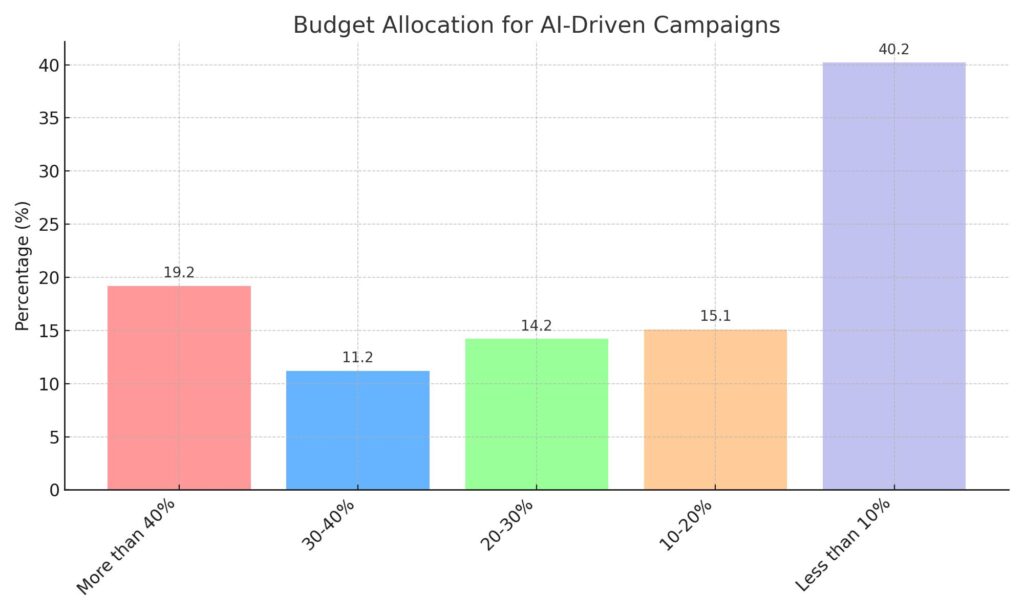
The Rise of AI Influencers: Virtual Personalities Taking Over
While AI’s impact on influencer marketing is undeniable, perhaps the most fascinating development is the rise of AI influencers themselves. These highly realistic, computer-generated personalities are quickly gaining traction on social media, amassing millions of followers and partnering with major brands.
One of the most well-known AI influencers is Lil Miquela, a 19-year-old “robot” living in Los Angeles. With over 3 million Instagram followers, Lil Miquela has partnered with brands like Calvin Klein, Prada, and Samsung, seamlessly blending her virtual persona with real-world marketing campaigns.
“Lil Miquela is more than just a digital avatar – she’s a fully-realized character with her own personality, backstory, and values,” says Trevor McFedries, co-founder of Brud, the company behind Lil Miquela.
“By leveraging AI and advanced CGI, we’re able to create a truly immersive and engaging experience for her followers.”
But Lil Miquela is just the tip of the iceberg. From virtual pop stars like Hatsune Miku to AI-generated fashion models like Shudu, the world of AI influencers is rapidly expanding, offering brands a new level of control and customization in their marketing efforts.
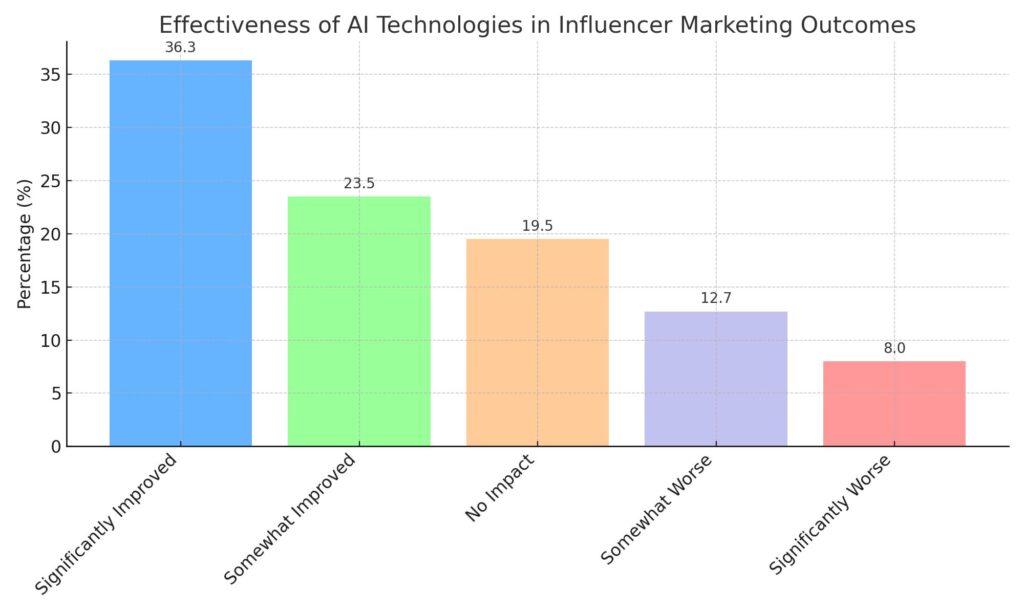
Ethical Considerations: Navigating the AI Influencer Landscape
As with any emerging technology, the rise of AI in influencer marketing comes with its fair share of ethical considerations and potential pitfalls. From concerns around transparency and disclosure to the potential for AI to perpetuate harmful biases and stereotypes, there are valid concerns that need to be addressed as the industry continues to evolve.
One of the biggest concerns is the potential for AI influencers to blur the lines between reality and fiction, potentially misleading or deceiving audiences. To combat this, many experts are calling for clear guidelines and regulations around the use of AI in marketing, including mandatory disclosures and transparency around the use of AI-generated content and virtual influencers.
“As AI becomes more prevalent in influencer marketing, it’s crucial that we prioritize transparency and ethical practices,” says Jessy Grossman, founder of Women in Influencer Marketing (WIIM).
“Audiences have a right to know when they’re engaging with AI-generated content or virtual influencers, and brands have a responsibility to be upfront about their use of these technologies.”
Another concern is the potential for AI to perpetuate harmful biases and stereotypes, particularly when it comes to issues of diversity and representation. As AI algorithms are trained on existing data sets, they can inadvertently perpetuate the biases and prejudices present in that data, leading to the creation of AI influencers and content that reinforces harmful stereotypes or excludes certain groups.
To combat this, experts are calling for greater diversity and inclusion in the development and training of AI systems, as well as ongoing monitoring and auditing to identify and mitigate potential biases.
The Future is Now
As we look to the future, it’s clear that AI will play an increasingly pivotal role in shaping the influencer marketing landscape. From advanced content creation and personalization to predictive analytics and campaign optimization, the possibilities are virtually endless.
One area that shows immense promise is the use of AI for hyper-personalized influencer marketing campaigns. Imagine a world where AI algorithms can analyze an individual’s preferences, behaviors, and online activity to create highly customized influencer campaigns tailored to their specific interests and needs. This level of personalization could revolutionize the way brands connect with their audiences, fostering deeper, more meaningful relationships and driving unprecedented levels of engagement and conversion.
Another exciting frontier is the integration of AI with emerging technologies like augmented reality (AR) and virtual reality (VR). By combining AI’s ability to generate highly realistic visuals and environments with the immersive power of AR and VR, brands and influencers could create truly mind-bending experiences that blur the lines between the digital and physical worlds.
Imagine stepping into a virtual fashion show hosted by your favorite AI influencer, where you can not only see the latest collection but also try on the clothes and accessories in real-time, all from the comfort of your own home. Or picture an AI-powered virtual concert, where you can experience a live performance by your favorite virtual pop star, complete with interactive elements and personalized content tailored just for you.
Hyper-Personalized Influencer Campaigns
One area that shows immense promise is the use of AI for hyper-personalized influencer marketing campaigns. Imagine a world where AI algorithms can analyze an individual’s preferences, behaviors, and online activity to create highly customized influencer campaigns tailored to their specific interests and needs.
By leveraging advanced machine learning techniques and vast data sets, AI systems could craft personalized content, select the ideal influencers, and even optimize the timing and delivery of campaigns for maximum impact on a per-user basis. This level of granular personalization could revolutionize the way brands connect with their audiences, fostering deeper, more meaningful relationships and driving unprecedented levels of engagement and conversion.
According to a study by Epsilon, 80% of consumers are more likely to make a purchase when brands offer personalized experiences. With AI’s ability to deliver highly tailored influencer campaigns, brands can tap into this powerful consumer preference.
AI + Emerging Tech = Immersive Brand Experiences
Another exciting frontier is the integration of AI with emerging technologies like augmented reality (AR) and virtual reality (VR). By combining AI’s ability to generate highly realistic visuals and environments with the immersive power of AR and VR, brands and influencers could create truly mind-bending experiences that blur the lines between the digital and physical worlds.
Imagine stepping into a virtual fashion show hosted by your favorite AI influencer, where you can not only see the latest collection but also try on the clothes and accessories in real-time, all from the comfort of your own home. Or picture an AI-powered virtual concert, where you can experience a live performance by your favorite virtual pop star, complete with interactive elements and personalized content tailored just for you.
Companies like Obsess are already exploring the possibilities of AI-powered virtual influencers in immersive experiences. Their virtual influencer, Rae, can be integrated into brand activations, events, and even video games, offering a unique and engaging way for consumers to interact with brands.
“We’re just scratching the surface of what’s possible when you combine AI, AR/VR, and influencer marketing,” says Nikhil Pandhi, co-founder of Obsess.
“Imagine being able to not just watch your favorite influencer, but actually interact with them in a fully immersive digital environment. The possibilities for brand engagement and storytelling are endless.”
Striking the Right Balance
As we embrace the potential of AI in influencer marketing, it’s crucial that we also prioritize ethical practices and maintain the human connection that lies at the heart of this industry. While AI can undoubtedly enhance and augment influencer marketing campaigns, it should never completely replace the authentic, human element that resonates so deeply with audiences.
One way to strike this balance is through the development of ethical AI frameworks and guidelines that prioritize transparency, accountability, and respect for human rights and privacy. Organizations like the Institute of Electrical and Electronics Engineers (IEEE) are leading the charge in establishing ethical standards for the development and deployment of AI systems.
Additionally, brands and creators should strive to maintain a healthy balance between AI-powered automation and human creativity and oversight. While AI can certainly streamline and optimize many aspects of influencer marketing campaigns, the human touch should never be completely removed from the equation.
Ultimately, the key to success in this rapidly evolving landscape will be finding the sweet spot where AI’s capabilities are leveraged to enhance and augment the human element, rather than replace it entirely.
Embracing the Future, One AI-Powered Step at a Time
As we’ve explored throughout this article, the impact of AI on influencer marketing is both profound and far-reaching. From identifying the perfect influencers and combating fraud to creating highly personalized content and optimizing campaigns, AI is revolutionizing every aspect of this dynamic industry.
But as we embrace the power of AI, we must also remain vigilant in upholding ethical practices, prioritizing transparency, and maintaining the authentic human connection that lies at the heart of influencer marketing. By striking the right balance between leveraging AI’s capabilities and preserving the human element, we can unlock a future where influencer marketing is more effective, engaging, and impactful than ever before.
The future of influencer marketing is here, and it’s being shaped by the incredible potential of artificial intelligence. Whether you’re a brand, an influencer, or a consumer, it’s time to embrace this technological revolution and all the possibilities it holds.
So, let’s step boldly into this new era, one AI-powered step at a time, and witness the incredible transformations that lie ahead.
Frequently Asked Questions
What is an AI influencer?
An AI influencer is a computer-generated virtual persona that uses advanced algorithms and CGI to create content, engage with audiences, and promote brands on social media, just like human influencers.
How can AI help identify the right influencers?
AI can analyze vast data on influencers’ audiences, engagement rates, brand affinities, and past campaigns to match brands with influencers whose values, aesthetics, and followers align perfectly with campaign goals.
Can AI detect influencer fraud?
Yes, AI can identify fake followers, engagement pods, and suspicious activity patterns to detect fraudulent influencers and ensure brands partner with authentic creators.
How does AI assist with content creation?
AI tools can generate personalized content ideas, captions, hashtags, and even visuals/videos tailored to each influencer’s style and audience, enhancing engagement and resonance.
Can AI optimize influencer campaigns?
AI excels at analyzing real-time campaign data on engagement, clicks, conversions, and sentiment to provide insights and recommendations for maximizing ROI and impact.
What are AI influencers?
AI influencers are highly realistic computer-generated characters that brands can partner with for campaigns, offering unprecedented control and customization possibilities.
How can AI predict influencer performance?
By analyzing historical data, AI can forecast an influencer’s future content performance and audience growth, helping brands make data-driven partnership decisions.
What role does AI play in influencer marketing trends?
AI can process vast data on consumer behaviors and preferences to identify emerging trends, allowing brands to stay ahead of the curve with influencer strategies.
Are there ethical concerns around AI influencers?
Transparency around AI use, potential biases in algorithms, and blurring reality/fiction lines are key ethical considerations brands must address.
Can AI automate influencer campaign management?
AI platforms can streamline the entire process – from influencer discovery and contract negotiation to content delivery tracking and performance measurement.
How cost-effective is using AI for influencer marketing?
While AI requires investment, it can significantly reduce resource needs through automation while enhancing output quality and ROI when paired with human expertise.
Will AI replace human influencers?
No, AI is meant to augment and enhance human influencers, not replace them. The authentic human connection is still crucial for resonating with audiences.
